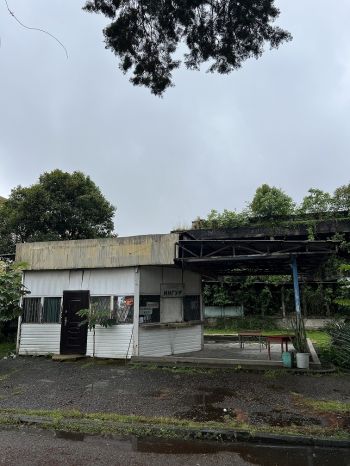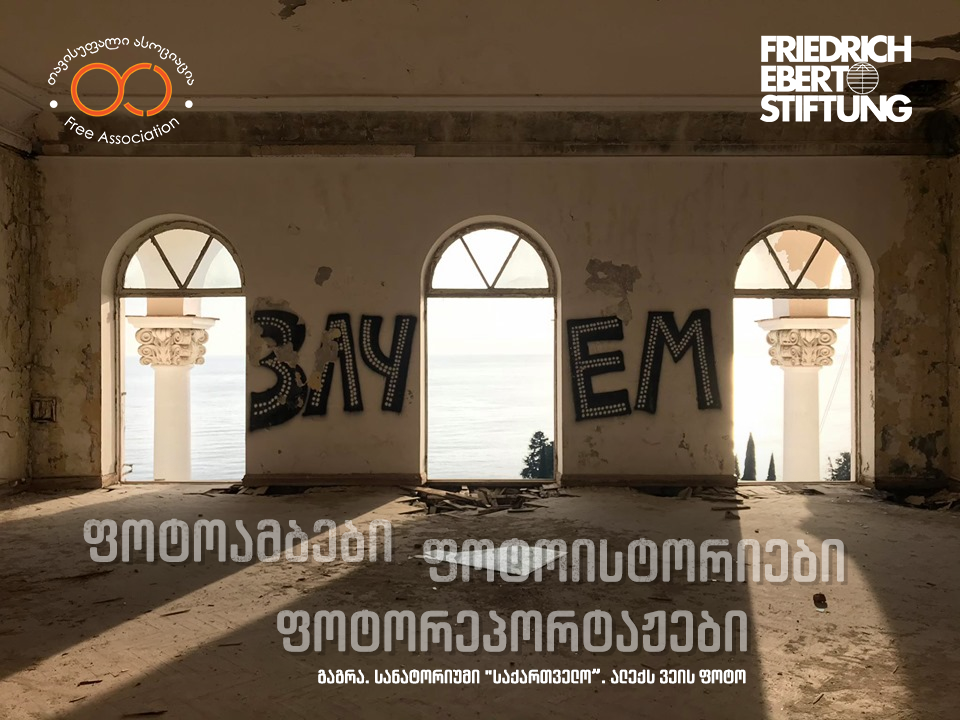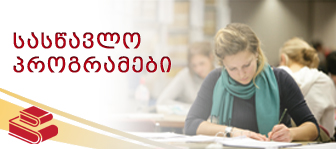გალში ომის კვალი არ წაშლილა, ადამიანების არსებობას კიდევ უფრო რთულს ცუდი საცხოვრებელი პირობები ქმნის. სახლების ნაწილი ისევ დაზიანებული და დამწვარია, ზოგს ხავსი მოედო, მცენარეებმა დაიბუდეს. შემოგხვდებათ კაფეც, უფრო სწორედ კაფე ჯიხურში რუსული წარწერებით, სადაც მოსახლეობას ლუდს სთავაზობენ.
ყოველი ახალი დღე ნაცრისფერი და დაძაბულია. ქართველების უფლებები და უსაფრთხოება, სიტყვისა და გამოხატვის თავისუფლება დაცული არ არის. ქართველების უმეტესობას არ აქვს ბინადრობის საბუთიც, არჩევნებში ვერ მონაწილეობენ, ქართულ ენაზე ხმამაღლა ვერ საუბრობენ. ქართული სულ უფრო ნაკლებად ისმის ქუჩებში, საბავშვო სკვერში.
თბილისში სასწავლებლად დროებით წამოსული ახალგაზრდები საერთაშორისო პროექტებში ღიად ვერ ერთვებიან, სხვაგვარად შესაძლოა პრობლემები შეექმნათ. დედაქალაქში მიმდინარე მოვლენებს თვალ-ყურს აქტიურად ადევნებენ. რუსული კანონის გასაპროტესტებლად გალიდან გადმოსული და შემდეგ უკან დაბრუნებული 13 ახალგაზრდა დააკავეს კიდეც.
გალში ცხოვრება განსაკუთრებით რთულია ახალი თაობისთვის, ახალგაზრდები ხარისხიანი განათლების მიღებისა და განვითარების იმედს არ კარგავენ, ისევე როგორც არ კარგავენ კავშირს დანარჩენ საქართველოსთან.
Life in Gali is marked by poverty and the enduring impacts of past conflicts. The Georgian population faces severe hardships, with their rights and security largely unprotected. Freedom of speech and expression is heavily restricted. Many Georgians lack residence permits, preventing them from participating in elections and openly speaking their native language. The sound of Georgian is increasingly rare on the streets and in children's playgrounds.
Young people from Gali who move to Tbilisi for education encounter additional challenges. Participating in international projects can lead to serious repercussions upon their return. Despite these obstacles, they stay informed about events in Tbilisi, holding onto hope for better educational opportunities and personal growth. However, this hope often comes at a high cost. Thirteen young protesters who opposed a Russian law in Tbilisi and then returned to Gali were arrested.
For the new generation in Gali, life is particularly difficult, yet they remain determined to connect with the rest of Georgia and pursue their aspirations.



















